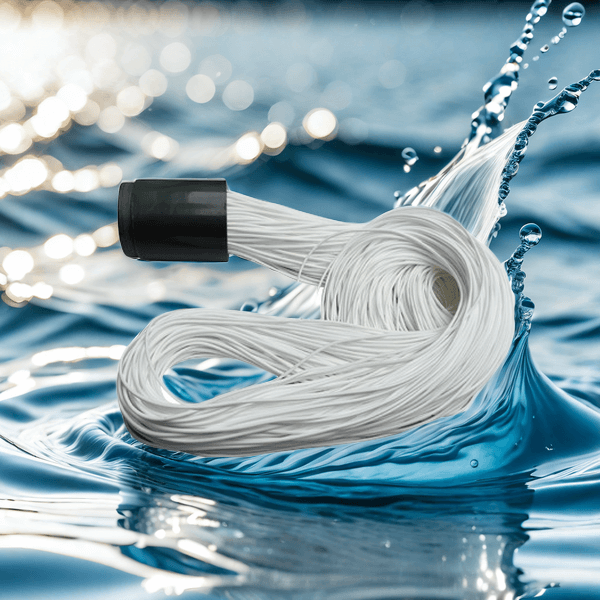What sewage treatment process is used for pig farm wastewater?
Pig farm wastewater treatment usually requires a variety of processes to effectively purify the wastewater. The following are common pig farm wastewater treatment processes:
1. Physical treatment: including physical methods such as sedimentation, filtration and screening, which are used to remove solid particles, suspended matter and some organic pollutants in wastewater.
2. Biological treatment: using biological treatment technologies such as activated sludge method or biofilm method, microorganisms degrade organic matter and improve the biochemical oxidation capacity of wastewater.
3. Aeration treatment: increase the dissolved oxygen content in wastewater through aeration equipment, promote the growth of beneficial microorganisms and the degradation of organic matter.

4. Chemical treatment: using chemical agents such as flocculants, oxidants, etc., can be used to remove heavy metals, impurities and improve water quality in wastewater.
5. Membrane separation technology: such as ultrafiltration, reverse osmosis and other membrane separation technologies, which can achieve fine filtration of wastewater and remove organic matter, microorganisms, etc.
6. Redox treatment: including ozone oxidation, advanced oxidation and other technologies, used to degrade refractory organic matter and remove odor.
7. Sludge treatment: treatment of generated sludge, such as sludge concentration, dehydration and resource utilization.
In practical applications, the above processes can be reasonably combined according to the characteristics and discharge standards of pig farm wastewater to achieve economic, efficient and environmentally friendly wastewater treatment effects. At the same time, the comprehensive benefits of process stability, operating costs and subsequent treatment and recycling should be considered.
